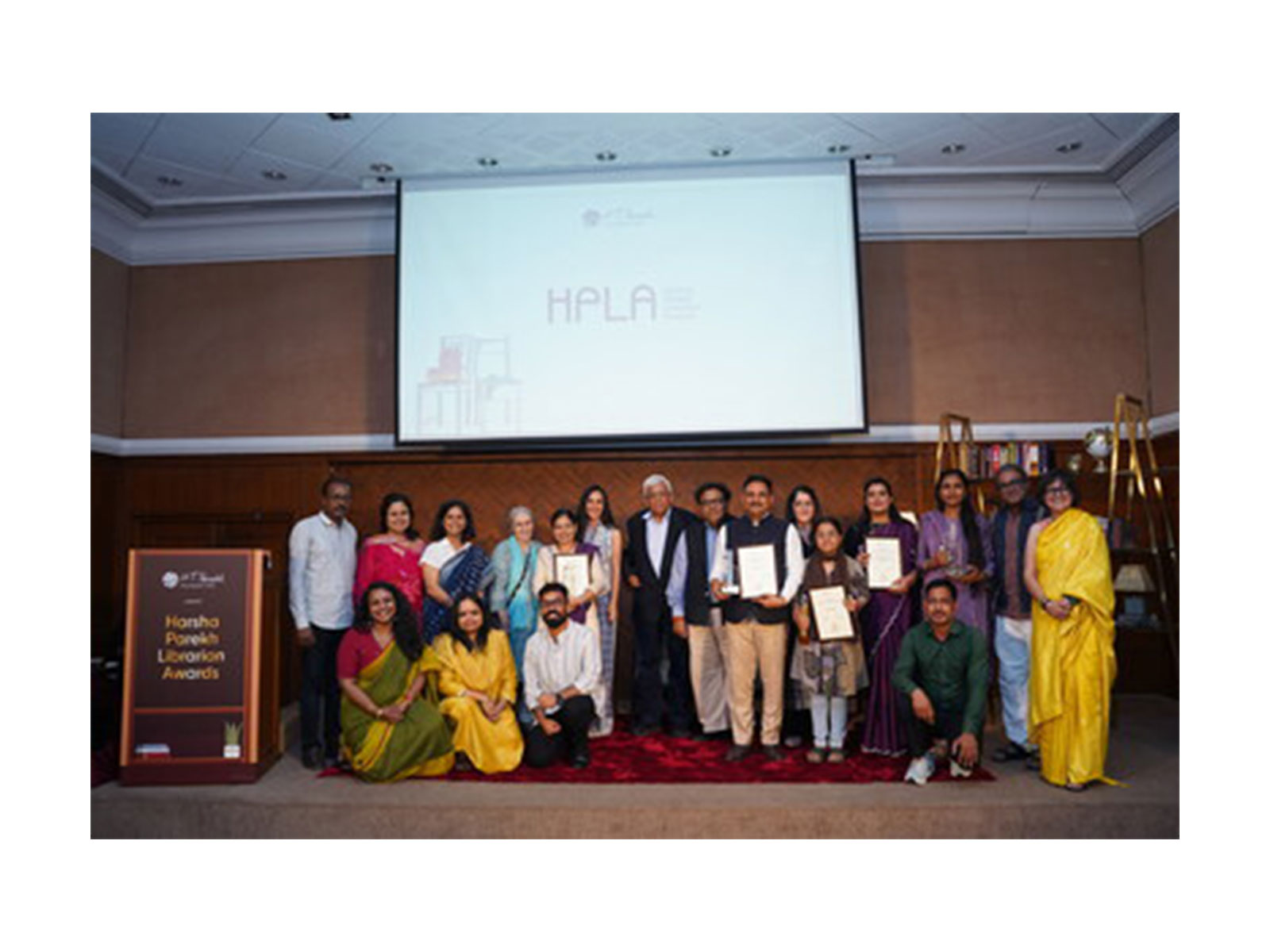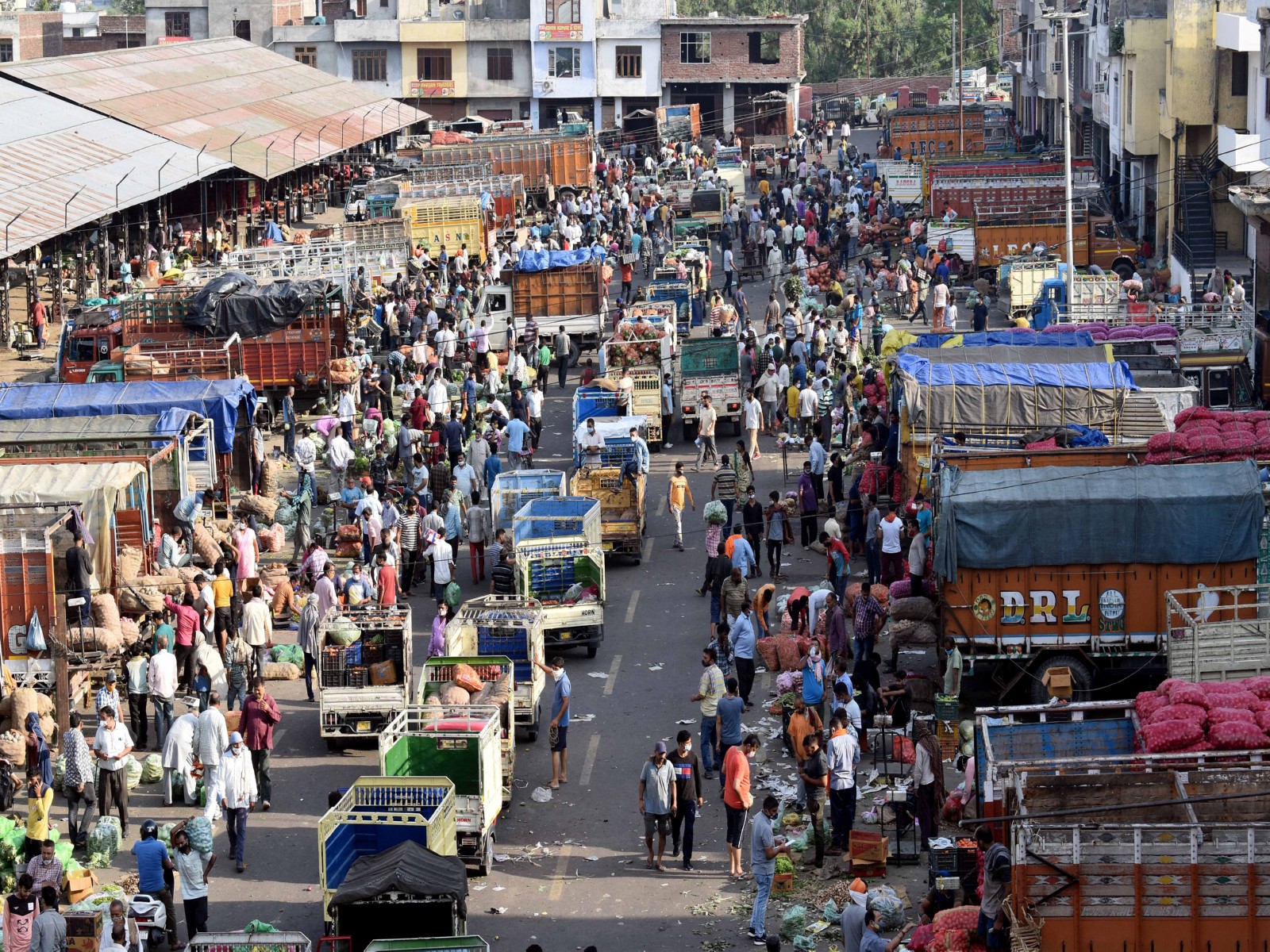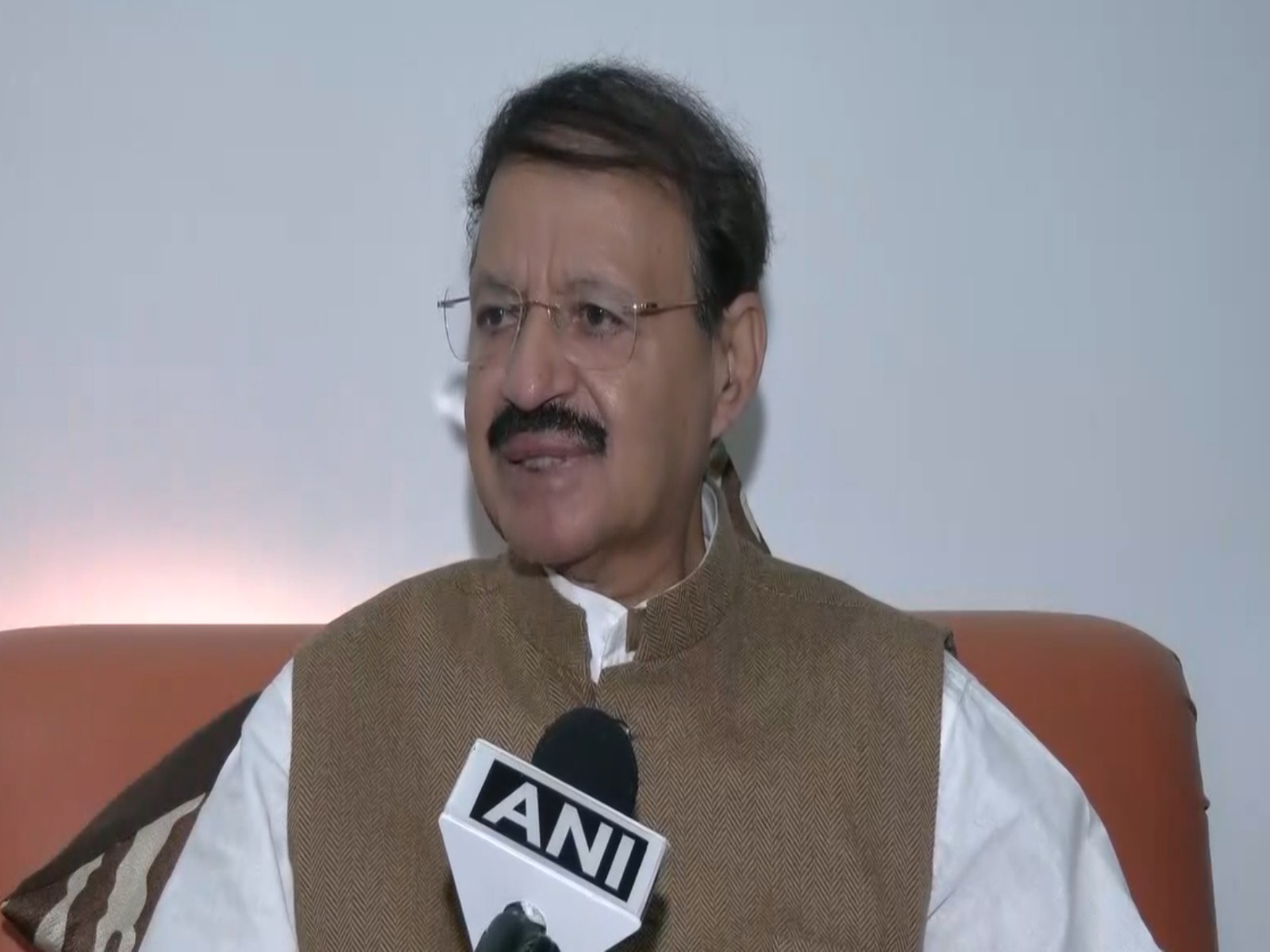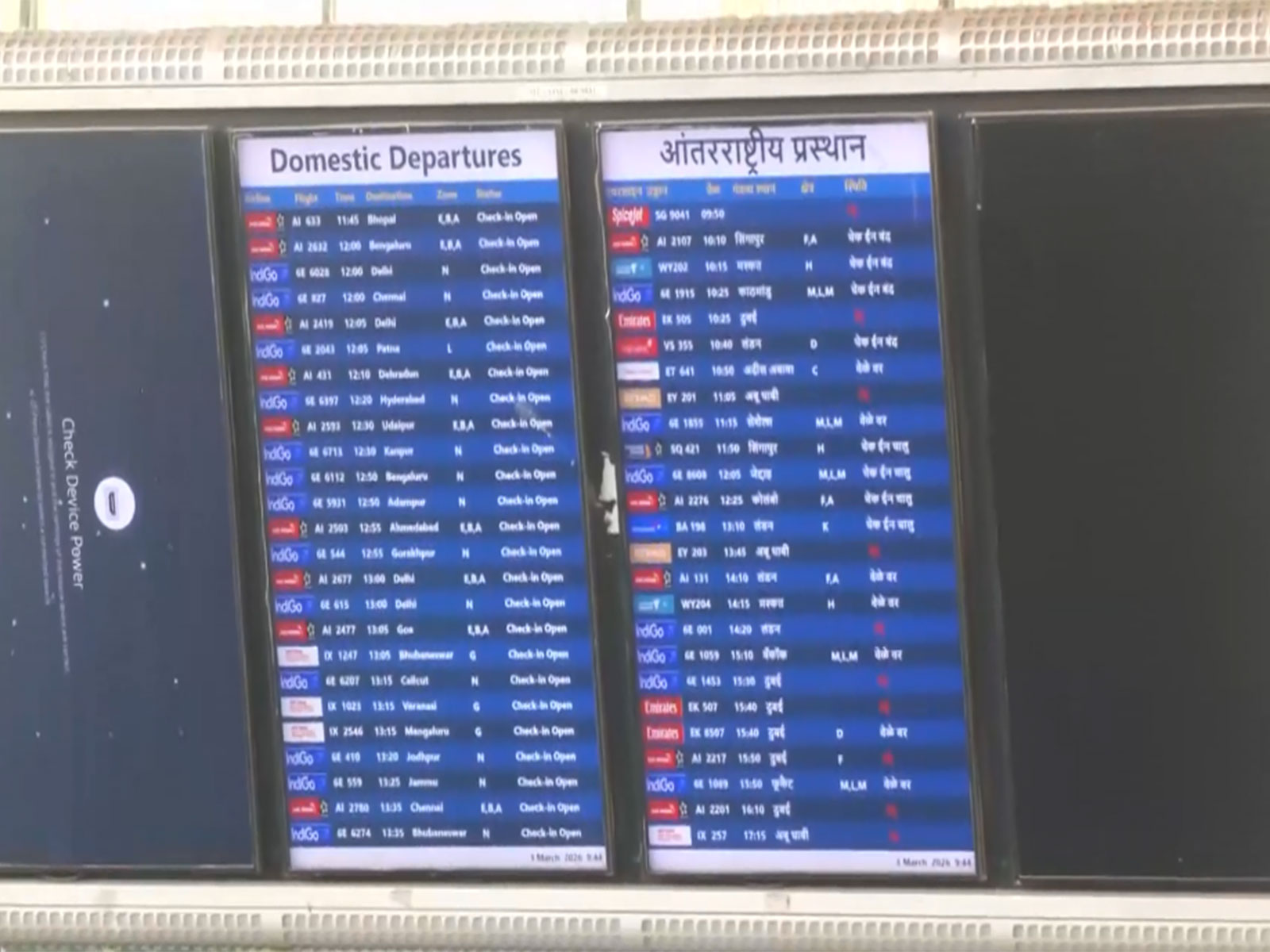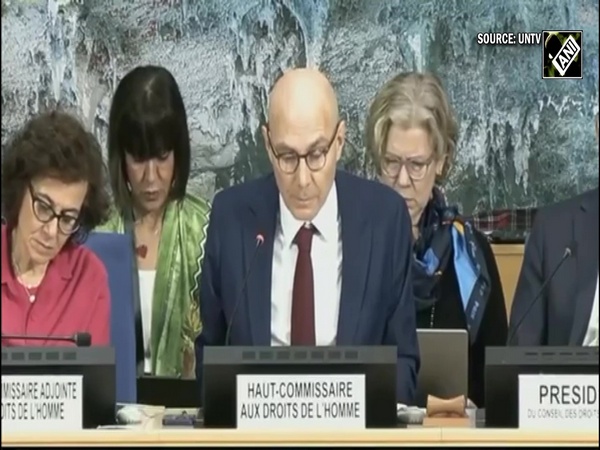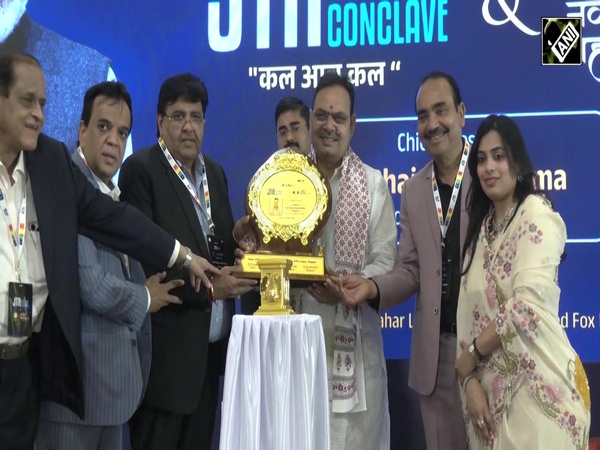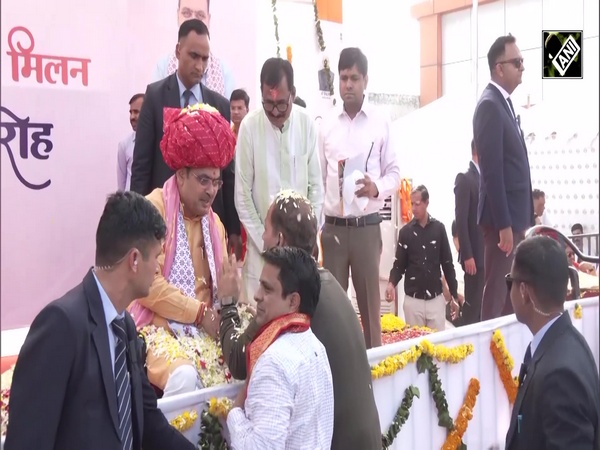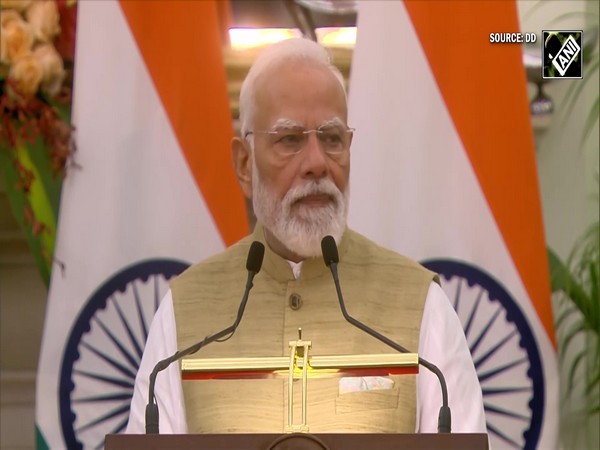Strategic gains likely to outweigh trade benefits in India-Israel FTA: GTRI
Nov 24, 2025
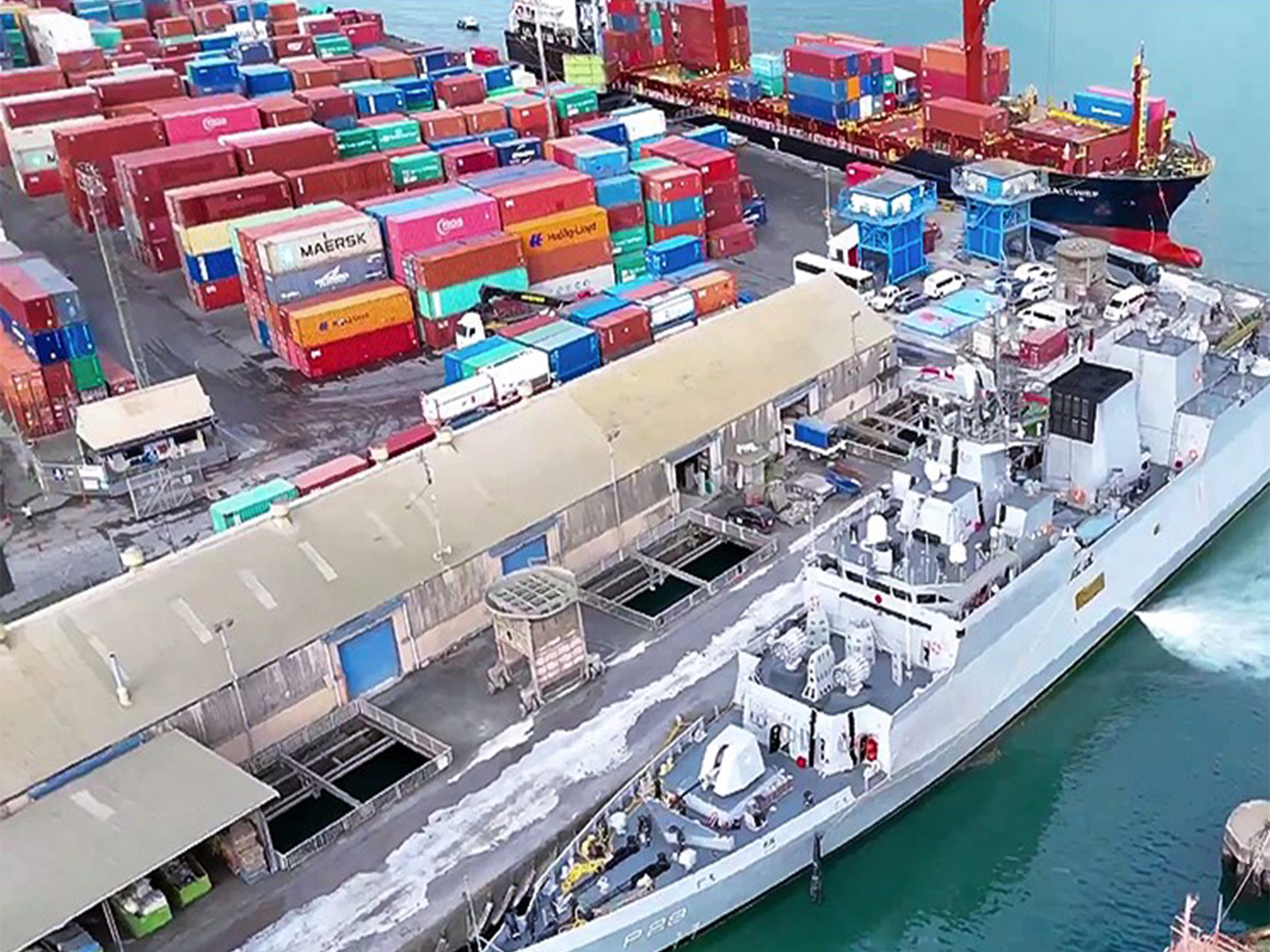
New Delhi [India], November 24 : The Global Trade Research Initiative (GTRI) on Monday asserted that the real value of the renewed Free Trade Agreement (FTA) push lies in strategic cooperation rather than merchandise trade.
GTRI added that even with a free trade agreement, India and Israel are unlikely to witness a sharp rise in goods trade due to structural limitations in market size and demand.
The note added, "For both countries, therefore, the value of the renewed FTA effort lies less in merchandise trade and more in strategic cooperation.
"Even with an FTA, the scale of goods trade is unlikely to grow sharply," the note further added.
Israel, a high-income and technology-driven economy with fewer than 10 million people, offers limited scope for India's mass-market exports such as textiles, automobiles and general engineering goods.
GTRI notes that in sectors where India is competitive, agriculture, generic pharmaceuticals, steel and chemicals, Israel is either self-sufficient, maintains strict quality and phytosanitary standards, or already provides tariff preferences to major partners like the EU and the U.S., placing Indian exporters at a disadvantage. As a result, bilateral commerce continues to hinge on niche segments including diamonds, rice and ceramic tiles.
India has launched a renewed push to deepen economic ties with Israel by reviving negotiations for a long-pending Free Trade Agreement (FTA), more than a decade after talks first began.
New Delhi and Jerusalem opened FTA discussions in 2010, held multiple rounds through 2012-13, and then allowed the process to stall after 2014 amid disagreements over tariffs, standards and market access for sensitive products. Following a series of high-level exchanges in 2024-25, the two governments have now finalised new Terms of Reference to relaunch negotiations.
After concluding his visit to Israel, Commerce and Industry Minister Piyush Goyal said the two sides may adopt a two-stage model, first concluding a limited package on tariff concessions for goods, followed by a wider agreement covering investment and cooperation in defence manufacturing, technology transfer, space, agri-tech, cyber security, AI, fintech, R&D, innovation and drip-irrigation technologies.
Meanwhile, Israeli President Isaac Herzog on Sunday expressed enthusiasm about the potential for economic ties between India and Israel, adding that the two countries must work hard to strengthen bilateral trade.
"I think that the relations are excellent, but we can even upgrade them more," Israeli President said.
The trade base between the two countries remains modest. India-Israel merchandise trade stood at USD 3.6 billion in FY2025. India exported USD 2.1 billion in goods, led by cut and polished diamonds (USD 555 million), rice (USD 102 million), organic chemicals (USD 96 million), ceramic tiles (USD 81 million) and aircraft parts (USD 54 million).
Imports from Israel totalled USD 1.5 billion, driven by diamonds (USD 333 million), electronics (USD 350 million) including integrated circuits (USD 117 million) and electronic components (USD 66 million), along with fertilizers (USD 135 million), insecticides (USD 63 million) and machinery (USD 91 million).

